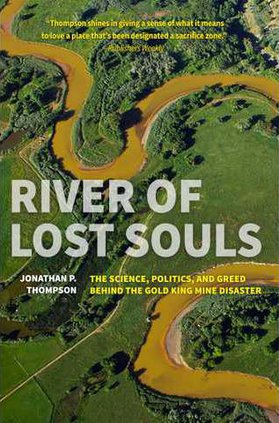The lengthy lines have fast become a familiar sight in Georgia as computer glitches and higher-than-expected turnout forced voters to wait as long as eight hours during advance voting last week.
But Georgia's early voting strategy is also expected to relieve the crush of voters descending on Georgia's more than 3,000 polling precincts Tuesday. More than 2 million people have already voted, accounting for 36 percent of Georgia's 5.6 million electorate.
Polls in Georgia opened at 7 a.m. and close at 7 p.m., but some voters could still be waiting deep into the night.
"Our plan is to vote every voter that's in line in the time period that's allotted," said Annie Bright, elections director of Clayton County. "We're doing anything we can to get them all voted. Even if it takes all night."
Early Tuesday, voters waited in line up to two hours long to cast their ballots across the state. Most polling locations were running smoothly, though some computer problems were reported as voting got underway.
At Bible Way Ministries in Atlanta, voters had to fill out paper ballots for about half an hour after polls opened because election workers were using the wrong procedure to create voter access cards, said Matt Carrothers with the Georgia Secretary of State's office.
Both political parties are dispatching hundreds of election monitors and attorneys to voting sites. The nonpartisan group Georgia Election Protection is also planning to deploy more than 600 volunteers to help resolve voting disputes on Tuesday. And Secretary of State Karen Handel's office said it has sent monitors around the state to help handle any problems.
Handel, a Republican, has been under fire by critics who say she should call for longer voting hours.
The Democratic Party of Georgia's chair proclaimed a voting "crisis," and other prominent Democrats have called for federal intervention to clear the way for extended hours, more voting machines and more staff.
Handel, though, has accused the critics of "grandstanding" and noted that any changes to election procedure first need to be cleared by the Department of Justice.
Voters, meanwhile, seem to be crossing their fingers in hopes the day will go off without a hitch.
"I would hope that we can act in an adult, responsible way," said Millie Rogers, a 61-year-old Marietta Republican who waited three hours to vote last week. "This is a right we have, and I hope everyone will behave in an appropriate way so nothing will happen."




